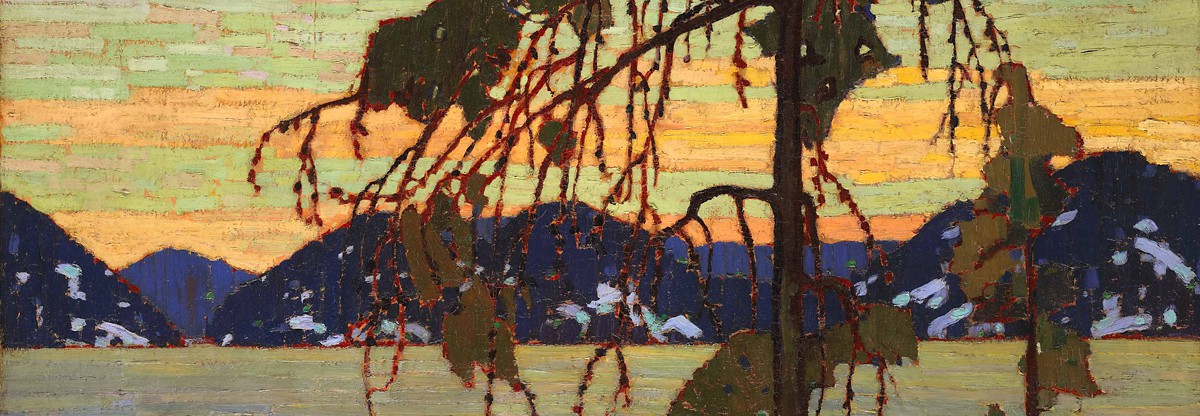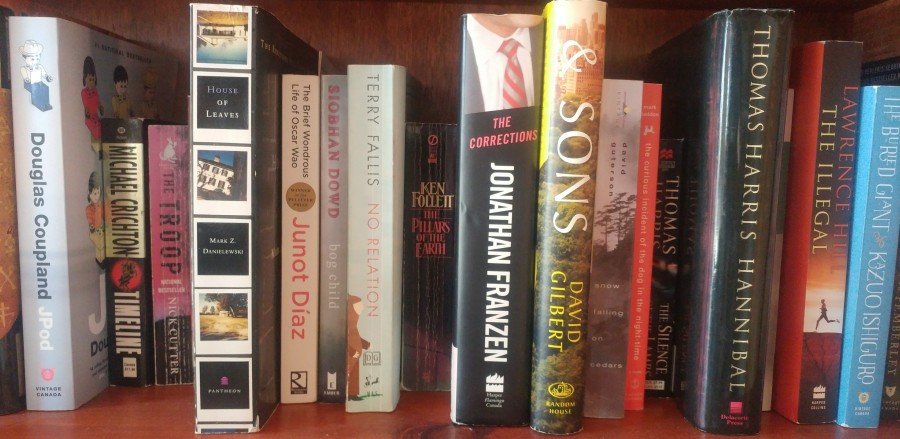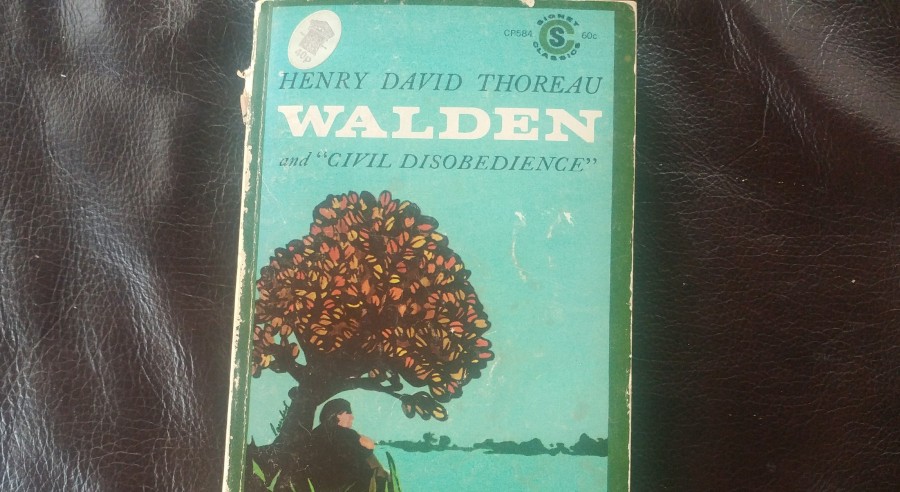Time to dust off this long-dormant page to continue my annual tradition of public self-evaluation, and to revisit the goals I set at the beginning of this year. Of course, these goals were written 2 months before the world changed irrevocably in a million different ways – but a post where I just write “HA!” after each aspiration that failed to anticipate a global pandemic seems cruel to my past self, and the things we all did to survive this year. So I will do my best to be kind and generous to my selves, past and present. This year, at least, we deserve it.
Looking Back
Hindsight truly being 20/20 (sorry), here is how I did this year:
10. Delete Facebook.
I did this! For the first 6 months of the year, I removed myself from Facebook and deleted the app from my phone. It had become unconscionable to continue to support the ad revenue of a company that, from where I am standing, poses one of the greatest threats to democracy (and society writ large) in the 21st century. Facebook has absolutely done more ill than good to global institutions, mental health, and data sovereignty, and it was a joy to leave it. No, I didn’t leave Instagram as well. Yes, I know that Facebook owns Instagram, and that if I truly wanted these lofty words to matter I would have had the gumption to do both. But addiction is hard, and withdrawal is real.
Of course, I also said that I left Facebook for the first 6 months of the year. Eventually, and begrudgingly, I had to rejoin in order to take on some social media responsibilities at work – but I am happy to report that I have since passed those on to others, and am once again off the blighted platform.
9. Eat less meat.
I won’t lie, I completely forgot that I had set this goal. That is to say nothing of its worthiness – I still feel strongly that I need to reduce my meat consumption for environmental reasons. But when the world turned upside down, and food scarcity and financial stability were suddenly on my radar in ways they had never been before, dietary goals simply became secondary. So I didn’t keep track. Colloquially, I think I likely did eat less meat this year than others. We had my vegetarian mother-in-law staying with us for the first months of the pandemic, so we ate meat-free meals a lot. But I cannot truthfully claim that I did it with this goal in mind.
8. Reduce phone screen time from 10% to less than 5%.
In retrospect, this seems laughably naïve. But again, we had no idea what was coming. But no, this did not happen. Suddenly, our phones and computers went from being screens we hid behind to avoid social interaction to being our only portal to social interaction. Who knows what the long-term effects of this year’s reliance on technology will be for mental and emotional well-being. But as I said, we did what we had to in order to survive.
7. Spend no money on books – read what I already own, or use the library.
I did this! This may be the one goal which I unequivocally and intentionally stuck to, all 12 months of this year. The only new books which entered my collection were gifts from other people. I read books from my own shelves that I have been meaning to get to for years. I renewed my library card, and used it often. True, I have not read as much this year as in years past. While I had an unexpected wealth of time, I also had a growing toddler who is far more interesting than anything I have ever read. And there are some books which it will be hard to continue not to buy – works by favourite authors, conclusions to series I own the rest of, that sort of thing – but I am certainly going to try to continue being more selective about buying books versus supporting one of the true miracles of organized society: the free public library.
6. No sugary drinks.
Yeah, I didn’t do this. I do try to order sugar-free soft drinks when I am getting takeout (boy, has this been the year for takeout); but I still put sugar in my coffee, I still order from Starbucks, I still drink cans of pop by the case. I shouldn’t, but I do. Maybe next year.
But probably not.
5. No video games Monday-Thursday.
This one is truly laughable. Video games played a huge role in keeping me sane this year, and I don’t apologize for it. In fact, video games have factored into many of the brightest memories I have of this blighted year. Early on in the pandemic, our family did what everyone was doing – connecting with people we could no longer see in person by playing Jackbox and House Party games virtually. In those first few months, Angela and I rediscovered the joy of playing couch co-op games, something we had not done in ages. While Ophelia napped, we chopped and served our way through Overcooked 1 and 2, whisper-yelling at each other so as not to wake the baby. Then, for Father’s Day, Angela surprised me with a Nintendo Switch (the generosity and awesomeness of which still astounds me), and every day since we have enjoyed the sweet escapism of Animal Crossing. Video games really and truly got us through this year. No regrets.
4. Go to the doctor.
I didn’t do this. Not because I didn’t want to – when the year began, I had absolutely every intention of following through on this one. But then it became inadvisable and a waste of resources for healthy people to visit the doctor, and so I put it on hold. Next October I turn 30. Hopefully by then the world will be sane enough that I can make good on this one. Who knows, maybe pigs will fly and I will go to the dentist too.
3. Finish a major writing project.
This one hurts a little bit. I don’t regret how I spent this year, as we shall see when we get to the bottom of this list. But I cannot help feeling, as I look back at the unexpected gift of time that I was given this year, that I must have done something wrong. Year after year, I add to the pile of writing projects I have begun but not finished. Novels, poetry chapbooks, short stories, blog posts. All sit in digital purgatory, waiting to be resumed. And I cannot imagine another year where I will have more time that I could, with self-discipline and determination, have spent writing.
In my head and in my heart, I am a writer. It is what I tell myself I would do if money was immaterial, if I didn’t have to keep a job to house and feed my family, if, if, if. But a writer writes. I, as evidenced by this blog alone, do not. Perhaps it is as simple as that.
2. Rid myself of gamification.
Hey, 2 out of 9 ain’t bad. Looking back at my post from last year on the many gamified apps and experiences I was plugged into, I have now excised all of them! I really feel that I have made progress shifting my brain from objective-based reward seeking to process-based enjoyment. It is an ongoing battle, but I do make a conscious effort to interrogate my motivations in reading a thing or buying a thing or doing a thing. Am I reading/buying/doing in order to score a dopemine dump from some ultimately meaningless system of badges and achievements and rewards? Or am I doing/buying/reading because I enjoy it? Will it fulfill me in some deeper way? Will it make me or my family happier? Ultimately, am I in control?
Of course, this blog may be the last remaining exception. I think I write it for me, but I will still check back 100 times in the next few days to see how many people have read it.
1. Prioritize family time.
This was going to be my hardest goal to accomplish, and yet it became the easiest. Nothing has been good about this year. Hundreds of thousands of people have died in a global pandemic, nationalism and racial violence have continue to become more mainstream, wealth disparity has grown wider, and RBG died. But in the midst of all that suffering, I received an incredible blessing. I got laid off. From April to June, I was off work – and because I live in Canada, my government made sure I received a benefit sufficient to cover my family’s needs. As a result, I got to be home every single day while my daughter grew from 8 to 10 months old. I got to see her learn to take steps, to babble and speak, to explore the world around her. I got time with my wife in as beautiful a spring as I can remember. I got to slow down for a while, to be present for moments I would otherwise have missed. So I didn’t write a book. I didn’t change the world. I didn’t do much of anything at all. I was exactly where I needed to be.
Looking Ahead
Having looked back, it is time to (foolishly, probably) set some goals for 2021. How does one set goals in a year like this, when the worst may yet be ahead? Just call me Don Quixote.
10. Get vaccinated.
9. Reply more promptly.
8. Walk every day.
6. Catch up on some zeitgeisty media.
5. Reduce the number of apps on my phone.
4. Create more.
3. Cook more.
2. For real this time, finish a major writing project.
1. Focus on mental health.






